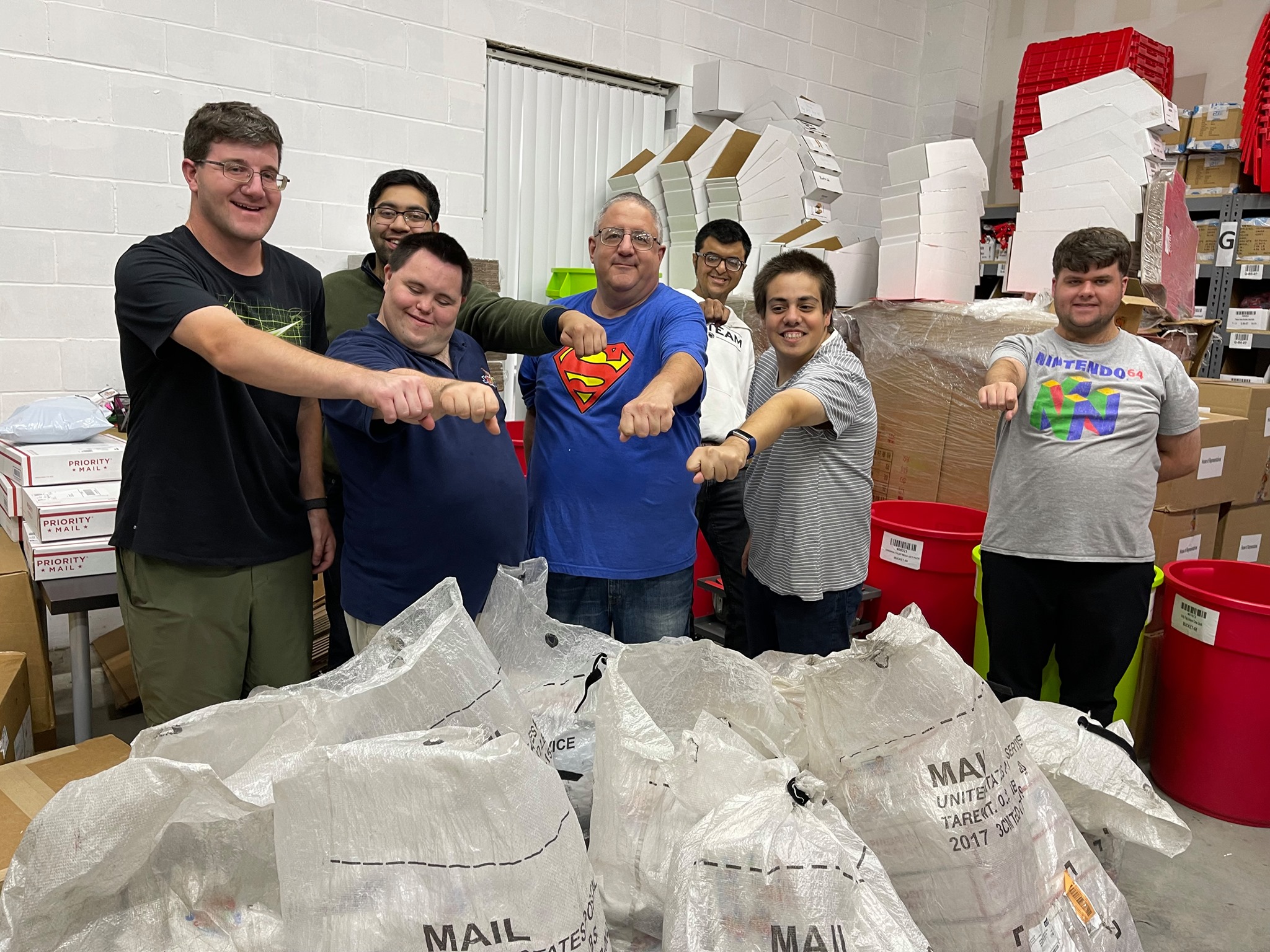Many business leaders have told me they hesitate to hire people with disabilities because they worry about the accommodations involved. “We’d love to,” they say, “but it just seems like a lot — the cost, the adjustments, the effort.”
I could tell them that their worry is misplaced, after all, according to the U.S. Chamber of Commerce, only 14 percent of people with a disability even ask for an accommodation and when they do the cost is low.
But I want to offer a different perspective: Maybe we’ve got it backwards.
What looks like an accommodation might actually be an innovation, one that makes our businesses stronger, more intentional, and more resilient.
An Accommodation That Becomes an Advantage
Let me share what we’ve seen at John’s Crazy Socks. We sell online and to retail stores, and we do our own fulfillment: every order is picked, packed, and shipped from our warehouse. And here’s the important part: the majority of our colleagues have a differing ability, including many with intellectual or developmental disabilities such as Down syndrome or autism.
If you’ve worked with this population, you know many people thrive on structure and routine. They value predictability and can be thrown off by sudden changes. So, what does that mean for us as a business?
It means we have to be deliberate. We can’t wing it. We can’t make changes on the fly. If we want to improve a process, we need to plan it carefully and bring our team along with us.
That’s led us to build a thoughtful, multi-sensory approach to process change. Some of our colleagues prefer hands-on demonstrations. Some need visuals, clear diagrams or photos. Others want written instructions they can review in their own time.
These aren’t “special accommodations.” This is just good management.
And it’s working. Here’s what we’ve achieved:
- Over 500,000 packages shipped to 94 countries
- We fulfill our promise of same-day shipping
- Our error rate is 0.2%
- 96% of customer reviews are five stars
- We have a Net Promoter Score of 94
These aren’t just numbers, they’re proof that designing with inclusion in mind leads to better outcomes for everyone.
So, is it an accommodation? Or have our colleagues led us to innovations that raised the bar for our entire business?
What we’ve learned is simple: listening to our colleagues and addressing their needs isn’t a burden, it’s a strength. It has made us more agile, more consistent, and more connected as a team.
Hiring people with differing abilities isn’t an act of charity. It’s not altruism. It’s just good business.
Organizations that embrace inclusive hiring gain more than diverse talent — they gain perspective, loyalty, and a competitive edge.
So yes, include people with disabilities because it’s the right thing to do. But also do it because it will make your business better.
Ready to Rethink Inclusion in Your Workplace?
If this story resonates with you, imagine what your team could achieve by embracing innovation through inclusion.
We speak with business leaders, HR professionals, educators, and entrepreneurs across the country helping them unlock the competitive advantages of inclusive hiring and purpose-driven leadership.
✅ Want to book John and me for your next event?
✅ Interested in building a more inclusive, impactful organization?
✅ Curious about our upcoming coaching and consulting programs?
Let’s talk.
Visit our speaking page or email us directly at booking@jmspeak.com.
Together, we can change how the world sees ability and build businesses that make a difference.




